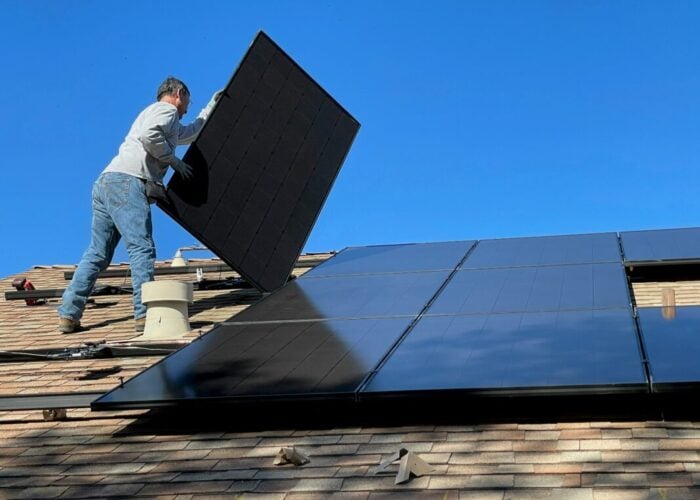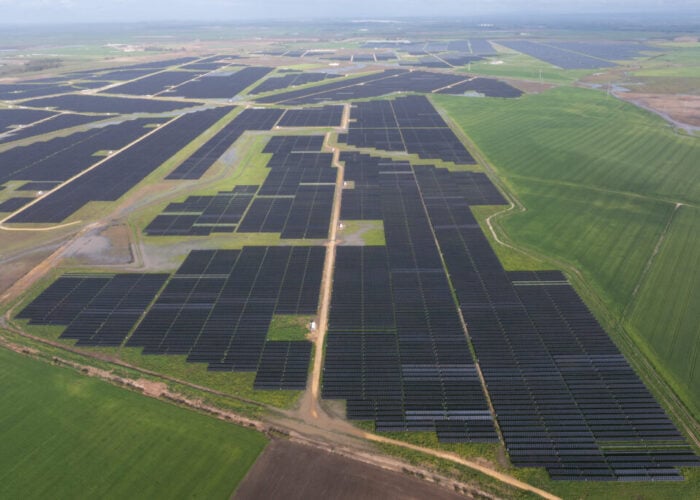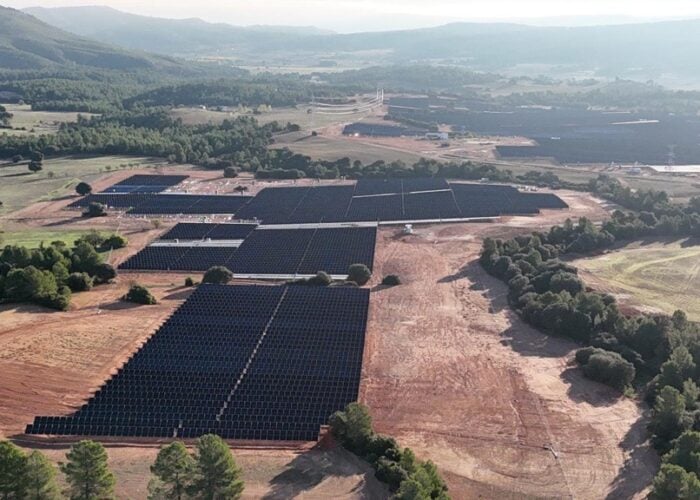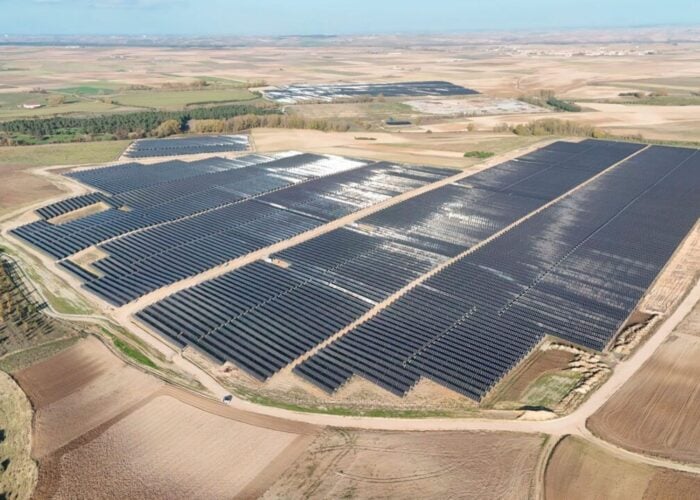
Spanish parties representing a majority in parliament have signed an agreement to remove the controversial Royal Decree against self-consumption of solar energy within 100 days of a government being formed, according to Spain’s solar association Union Espanola Fotovoltaica (UNEF).
Spain has still not formed a government despite holding general elections last year, however 227 members of parliament agreed last week to remove several damaging policies against solar self-consumption should a majority government be formed out of the signatories of the agreement. The conservative Partido Popular party, which supports the punitive policies against solar self-consumption, the so-called ‘sun tax’ on energy produced and consumed without feeding the grid, currently has just 120 seats.
Try Premium for just $1
- Full premium access for the first month at only $1
- Converts to an annual rate after 30 days unless cancelled
- Cancel anytime during the trial period
Premium Benefits
- Expert industry analysis and interviews
- Digital access to PV Tech Power journal
- Exclusive event discounts
Or get the full Premium subscription right away
Or continue reading this article for free
José Donoso, UNEF general director, told PV Tech that the agreement still needs to be approved formally in parliament, but Spain is currently in a “complicated” political situation and it is unclear if a government will be formed soon or if new general elections will have to take place in June.
However, if a government is formed by signatories of this agreement, the parties have agreed to approve the removal of the ‘sun tax’ and other barriers to self-consumption within 100 days. They will also approve the net metering system and authorise collective self-consumption, which has been forbidden by the government until now. The parties would also simplify the administrative and authorisation process for solar.
Daniel Pérez, attorney at Holtrop S.L.P, the firm which wrote the new agreement document, said that the parties wanted not just to abrogate the Royal Decree but also to create a new modified Royal Decree on self-consumption, because not having a law at all would create legal uncertainty for the sector. The new law would simply eliminate the most punitive parts of the original decree.
Pérez also said it is critical for owners of existing installations for the changes to come in by 10 April. The Royal Decree was approved on 10 October and it ruled that existing installations have six months (up to 10 April) to adapt to the new norm. If the Royal Decree is not removed before 10 April, owners of existing installations will have to make costly adaptations such as including a meter and connecting to the grid. New installations would not be affected by the deadline as they are likely to be installed with the necessary technical specifications of the decree anyway.
In any case, Donoso said: “Until a government is formed it is not possible to do [anything].”
He added that there is an agreement between the socialist party and a centre-right party, but they still require more parties to agree in order to form a majority.
Other solar trouble in Spain
In January, Spain’s Constitutional Court published the full details of its judgement rejecting appeals against a decrease in feed-in tariffs (FiTs) for renewable energy sources, but its reasoning was branded “short, superficial and alien to reality” by a legal representative.
Meanwhile, in the same month, Spain’s Court of Arbitration ruled against two companies who filed a lawsuit against the Kingdom of Spain over reforms to the PV sector made in 2010. The international lawsuit, based on Spain’s commitment to the international Energy Charter Treaty, was filed over a decision made by the Spanish government to introduce retroactive cuts to FiTs for solar PV in 2010, and the harmful effects this could have on investors in the sector.






